Discover Miseducation
Miseducation

Miseducation
Author: The Bell
Subscribed: 83Played: 732Subscribe
Share
© The Bell
Description
New York City is home to the nation’s most segregated school system, a fact that surprises those who think of the Big Apple as a progressive beacon. Deep inequities exist at every level of the NYC school system. We think more people should know about them and push to fix them.
That's why, each semester, we bring together a team of high school interns from across the school system to tell important stories from the perspective of the real experts: students.
Miseducation is a program of The Bell. For more, visit bellvoices.org/podcast and follow us on Facebook, Twitter, and Instagram @miseducationpod.
88 Episodes
Reverse
Earlier this year we collaborated with WNYC Studios on an in-depth series about a year of reporting from inside a divided Brooklyn school building trying to unite through sports. The series is called Keeping Score. If you missed it, definitely go back and check it out.Today’s episode is an update from two of the Miseducation reporters-turned-characters in the series, Mariah Morgan and Lauren Valme.Mariah and Lauren are members of the girls varsity volleyball team. The Keeping Score series followed Mariah, Lauren, their teammates and coaches over the course of the first season of the John Jay Jaguars. Prior to last season, there were actually two varsity girls volleyball teams in the same school building. The girls went to different schools on different floors, and were rivals. One of the teams had mostly Black and Latin players. The other – mostly white and Asian. But, in 2021 they decided — after a decade of playing on opposite sides of the net — to join forces, to merge, to integrate.In this interview with fellow Keeping Score reporter Renika Jack, Mariah and Lauren dig into what happened in Year 2 of this experiment at the intersection of race, class, and public schools.The volleyball season ended a few weeks ago. Did the Jaguars make progress toward integration and equity on the court? Did they reach their goal of a city championship?—Want exclusive content from Miseducation? Join us on Patreon.To join the conversation, send us a message and follow us on Twitter and Instagram.
When the principal emails you about a story you wrote in the student newspaper, it’s usually a sign of trouble. In Denisse Merino’s case, the email she received led to something very different.Denisse is a senior at Leadership and Public Service High School and writes for the school’s news site, Lead News. Her school is part of a small but growing cohort trying to reverse the trends in unequal school journalism access for students at predominantly Black and Hispanic high schools. Backed by training and support from the nonprofit organization Press Pass NYC, Denisse has taken on a leading role in the newspaper club.Denisse also happens to be one of our Miseducation student reporters this school year. In this episode, she shares about her thoughts on the value of student journalism and about the story she wrote that convinced her principal to act.
The New York State constitution promises “a system of free common schools, wherein all the children of this state may be educated." But what happens when that word — all — is tested? Roughly one in five NYC public school students has a learning disability. Some have particularly severe behavioral or mental health challenges requiring accommodations that the average school isn’t equipped to provide. So what then? Where do those students go?Well, according to new reporting from Abigail Kramer, it often depends on what their parents can pay.Listen to my conversation with Abigail about what she uncovered in her story and what she thinks needs to change.
In a recent episode of his podcast Revisionist History, Malcolm Gladwell revisited one of the key concepts from his hit book Outliers. It deals with privilege in education, just not in the ways you typically hear about it. The story got really got us thinking, and so we thought we’d share it with you.This week, we’re airing parts of “Outliers, Revisited” from Revisionist History. Then, stick around for a Q&A between our student reporter Fredlove Deshommes and two of the shows producers, Eloise Lynton and Lee Mengistu.Want exclusive content from Miseducation? Join us on Patreon.To join the conversation, send us a message and follow us on Twitter and Instagram.
By Jadelyn CameyIn late September, I attended a press conference at which schools Chancellor David Banks announced changes to the middle and high school admissions process. The headline was that students whose grades place them in the top 15% of their 7th grade class — or the top 15% citywide — will now receive priority access to about 100 “screened” public high schools. Questions have risen about how this new policy will impact student diversity in the city’s already segregated schools. To break down the news and make sense of the nation’s most complex public school admissions process, I spoke to Chalkbeat New York reporter Alex Zimmerman.To learn more about this issue, check out Chalkbeat’s recent reporting.NYC overhauls high school admissions, leaves middle school changes up in air Sept. 29, 2022NYC schools chief criticized for saying some kids deserve top schools more than others Oct. 13, 2022New NYC high school admissions rules could slow pandemic-era diversity gains Oct. 14, 2022Applying to NYC high school? Here’s what you need to know. Oct. 20, 2022—Want exclusive content from Miseducation? Join us on Patreon.To join the conversation, send us a message and follow us on Twitter and Instagram.Never miss an episode! Subscribe on Spotify | Apple Podcasts | Google Play | Stitcher
By Sabrina DuQuesnayIn his ten months on the job as schools chancellor, David Banks has not been shy about naming the challenges he faces. Steep enrollment declines. Pandemic recovery. Budget cuts. He’s offered harsh critiques of the NYC school system and the bureaucracy that runs it.On Tuesday, Nov. 1 he sat down with a roundtable of student journalists, including a few Miseducation reporters, to answer questions on topics ranging from school funding to censorship of student newspapers. Hear what he had to say in the first episode of P.S. Weekly.(Chancellor Banks ran out of time for all of the questions but promised to follow up with written responses to the ones he missed. We’ll post those questions and answers here when we receive them.)—Want exclusive content from Miseducation? Join us on Patreon.To join the conversation, send us a message and follow us on Twitter and Instagram.Never miss an episode! Subscribe on Spotify | Apple Podcasts | Google Play | Stitcher
The series ends with a final test for the Jaguars at the city championship. After the last point has been scored, members of the team try to assess their success. And what about the success of the merger? Students and coaches look at how the integration played out across John Jay’s athletics program, and ask: was it all worth it?For stats, photos, bonus audio and more, check out our Keeping Score page.Want exclusive content from Miseducation? Join us on Patreon.* * *“Keeping Score” is a co-production of WNYC Studios and The Bell. Connect with us at keepingscore@wnyc.org.For WNYC: Alana Casanova-Burgess, Jessica Gould, Joe Plourde, Jenny Lawton, Karen Frillmann, Emily Botein, Wayne Schulmeister, and Andrew Dunn. For The Bell: Mariah Morgan, Lauren Valme, Renika Jack, Noor Muhsin, Thyan Nelson, Jacob Mestizo, Taylor McGraw, and Mira Gordon.Fact-check by Natalie Meade. Music by Jared Paul – with additional tracks by Hannis Brown and Isaac Jones. Special thanks to Atiqa Chowdhury, Delsina Kolenovic, Giana Ospina, Adrian Uribarri, Mike Barry, Theodora Kuslan, Andrea Latimer, Kim Nowacki, Dalia Dagher, Jennifer Houlihan Roussel, Michelle Xu, Rachel Leiberman, Miriam Barnard, Andrew Golis, Christopher Werth, and the entire team at The United States of Anxiety.
What does it mean to lead a team in an anti-racist way? After getting strong feedback from Mariah and other players, Coach Mike Salak decides to change his tactics. But as the girls volleyball practices lead into tournaments, it’s clear that who gets to play continues to be a divisive issue. For stats, photos, bonus audio and more, check out our Keeping Score page.Want exclusive content from Miseducation? Join us on Patreon.* * *“Keeping Score” is a co-production of WNYC Studios and The Bell. Connect with us at keepingscore@wnyc.org.For WNYC: Alana Casanova-Burgess, Jessica Gould, Joe Plourde, Jenny Lawton, Karen Frillmann, Emily Botein, Wayne Schulmeister, and Andrew Dunn. For The Bell: Mariah Morgan, Lauren Valme, Renika Jack, Noor Muhsin, Thyan Nelson, Jacob Mestizo, Taylor McGraw, and Mira Gordon.Fact-check by Natalie Meade. Music by Jared Paul – with additional tracks by Hannis Brown and Isaac Jones.
Mariah Morgan, a junior at Park Slope Collegiate and setter on the girls varsity volleyball team, was an early proponent of the merger – she helped lobby for it as a member of the Campus Council. But her optimism is tested when practice starts. To understand the building’s complicated history, she explores how Millennium came to be at John Jay in the first place, and why the campaign to merge the athletics programs began.For stats, photos, bonus audio and more, check out our Keeping Score page.“Keeping Score” is a co-production of WNYC Studios and The Bell. This four-part series will appear in the United States of Anxiety feed on Thursdays in June. Connect with us at keepingscore@wnyc.org.For WNYC: Alana Casanova-Burgess, Jessica Gould, Joe Plourde, Jenny Lawton, Karen Frillmann, Emily Botein, Wayne Schulmeister, and Andrew Dunn. For The Bell: Mariah Morgan, Lauren Valme, Renika Jack, Noor Muhsin, Thyan Nelson, Jacob Mestizo, Taylor McGraw, and Mira Gordon.Fact-check by Natalie Meade. Music by Jared Paul – with additional tracks by Hannis Brown and Isaac Jones. Special thanks to Andy Lanset, Norman Scott, Gwynne Hogan, and Afi Yellow-Duke.
The John Jay Educational Complex, a large brick building in Park Slope, Brooklyn, houses four high schools: Cyberarts Studio Academy, the Secondary School for Law, Millennium Brooklyn, and Park Slope Collegiate. Each school is its own separate universe, but the students yearn to connect. When the administration announces that the athletics programs will merge, they ask what it will take for the building to live up to its new motto: “We Are One.”For stats, photos, bonus audio and more, check out our Keeping Score page.“Keeping Score” is a co-production of WNYC Studios and The Bell. This four-part series will appear in the United States of Anxiety feed on Thursdays in June. Connect with us at keepingscore@wnyc.org.For WNYC: Alana Casanova-Burgess, Jessica Gould, Joe Plourde, Jenny Lawton, Karen Frillmann, Emily Botein, Wayne Schulmeister, and Andrew Dunn. For The Bell: Mariah Morgan, Lauren Valme, Renika Jack, Noor Muhsin, Thyan Nelson, Jacob Mestizo, Taylor McGraw, and Mira Gordon.Fact-check by Natalie Meade. Music by Jared Paul – with additional tracks by Hannis Brown and Isaac Jones. Special thanks to: Afi Yellow-Duke, Rebecca Clark-Callender and Tracie Hunte.
The topic of mental illnesses and disabilities has always hit close to home for me. I come from a family where mental health issues are like a tradition that gets passed down through every generation. This history with mental illnesses has made me more inclined to speak out for the individuals that live with them. In particular, I aim to shed light on the mistreatment of Black and Hispanic children with mental illnesses or disabilities in low-income public schools.It is estimated that less than 15% of American children experiencing poverty who are in need of mental health care, receive services. My older sister Janaya falls into that 15% that did receive care. But this was after a lot of advocating on my mother’s part. Janaya only began to see therapists seven years ago after my mom took her to get diagnosed when she was in middle school. Despite receiving mental health care, Janaya’s issues didn’t just vanish. She still struggled with a set of learning disabilities.Tune in to hear Janaya’s harrowing journey through the public school system and my mother’s steadfast determination to get her the support she deserved.Want exclusive content from Miseducation? Join us on Patreon.To join the conversation, send us a message and follow us on Twitter, Facebook and Instagram.
My name is Adnaan Elahi. I’m a high school senior and a Muslim student. I go to an incredibly diverse high school in East Harlem. Many of my peers are recent immigrants or first-generation students such as myself. The New York City public school system is filled with students from numerous backgrounds. This includes race, ethnicity, and what I’ll be focusing on: religion. The issue of freedom of religion within public schools can be a complicated one, so what does practicing one's religion look like in the nation’s largest public school system? And when you hit some obstacles, how do you address them?Want exclusive content from Miseducation? Join us on Patreon.To join the conversation, send us a message and follow us on Twitter, Facebook and Instagram.
Since the closing of the schools due to COVID in March 2020, it’s been hard on students, academically and emotionally. How can you find the desire to learn when you're staring at a screen at 8 in the morning?After a year and a half of Zoom school, former Mayor de Blasio decided that it was time for every student to go back in person. In September of 2021, schools finally reopened. But then, when the new year came around… Omicron entered the scene. The week we got back from winter break, school felt like a ghost town.I wanted to take you on a day of my life in school during Omicron, from the morning to dismissal, to show everyone what school really was like. This is January 14th.Want exclusive content from Miseducation? Join us on Patreon.To join the conversation, send us a message and follow us on Twitter, Facebook and Instagram.
Every student in NYC public schools goes through the high school admissions process. About 80,000 eighth graders every year researching, and ranking, and waiting, and ultimately landing in one of more than 400 high schools. My process surprised lots of people. Not because of the school — Edison — that I got into. But because of the school I turned down.Want exclusive content from Miseducation? Join us on Patreon.To join the conversation, send us a message and follow us on Twitter, Facebook and Instagram.
It’s 8:40 am on a Friday. Just a 5 minute walk from Jay St MetroTech, you can find high-schoolers heading south on their way to school. Students hike up the concrete stairs leading to the red doors under the stone sign that states, George Westinghouse High school. There is a long line this morning that stretches from outside on the block all the way to the inside of the lobby. You can hear the occasional teeth suck as they watch another kid hold up the line to go through the metal detectors.Metal detectors are a huge part of Westinghouse culture, quickly blending into the lives of students and staff. The practice of rechecking pockets and belongings, before stepping in front of one of these devices, lodges its way into the minds of kids as soon as they begin high school.This is a story about my friend Rojuiana and her incident with the metal detectors that almost landed her in prison and left a permanent mark on her school record. But there is even more at stake here. Want exclusive content from Miseducation? Join us on Patreon.To join the conversation, send us a message and follow us on Twitter, Facebook and Instagram.
Every Tuesday after school, students rush to their bright red lockers, throw their coats on, and head for the stairs. The sound of student chatter is everywhere, while kids squeeze their way through the cramped halls. Usually everyone is heading home by now, but there are a couple of stragglers trying to find a room to stay in before Comic Arts and Illustrations Club starts. I recognize them immediately because they’re the same kids who always stay for the chance to be themselves in a safe creative space with Ms. O’Neal… and it’s no surprise why.In my selective high school it’s easy for students of color – including me – to feel disregarded. But every now and then you find a supportive adult who goes out of their way to make you feel seen.Want exclusive content from Miseducation? Join us on Patreon.To join the conversation, send us a message and follow us on Twitter, Facebook and Instagram.
I didn’t expect for it to be this hard to navigate my high school years, but then halfway through my sophomore year, Covid hit. Everything changed. I found myself in a state of panic over my safety, my family’s safety, and on top of that, I was stressing out about school and my grades. Do teachers realize the extent to which we, students, have been affected? What are their views on students’ mental health— and their role in helping students manage stress? I took these questions to my school and got some surprising answers.Want exclusive content from Miseducation? Join us on Patreon.To join the conversation, send us a message and follow us on Twitter, Facebook and Instagram.
Have you ever had that one person in your life that just kinda opened your eyes and changed your perspective? Someone who just stood beside you, always made sure you were okay –– a good supporter and encourager? Yeah, I mean that kinda person.I met Dominique Jones when I was a middle schooler attending the Boys and Girls club of Harlem, where she was the director at the time. In this episode, I reunite with Ms. Dominique and share with her the impact she had on me.Want exclusive content from Miseducation? Join us on Patreon.To join the conversation, send us a message and follow us on Twitter, Facebook and Instagram.
In the final installment of “Unmuted,” we dig in to the college advising equity gap, made even worse by the pandemic. Consistently, NYC public high school students have told us that they don’t feel properly supported by their schools in the college process.We wanted to find out how students managed applying to college at the height of a global pandemic––when students were not even in the school building. What obstacles presented themselves to seniors? Did students think college was still worth it? We spoke with students and their advisors from the Bronx School for Law, Government and Justice, and representatives from College Access: Research and Action (CARA) to find out.Since beginning to report this story back in the fall of 2020 as high school juniors, we’ve become seniors ourselves. As we’re nearing the end of our own college processes, we round out this episode by reflecting on our experience applying to college. • For more reporting on this issue, check out the Guidance Gap series from The Hechinger Report.• To learn more about CARA, visit caranyc.org.Want exclusive content from Miseducation? Join us on Patreon.To join the conversation, send us a message and follow us on Twitter, Facebook and Instagram.
In 2018, we reported a story called Who Gets to Play? that featured Bronx students, their athletic director David Garcia-Rosen and the fight for sports equity in New York City public high schools. It was a David vs. Goliath fight that culminated in a class action lawsuit.Nearly four years later, we have news to share.To join the conversation, send us a message and follow us on Twitter, Facebook and Instagram.Want exclusive content from Miseducation? Join us on Patreon.


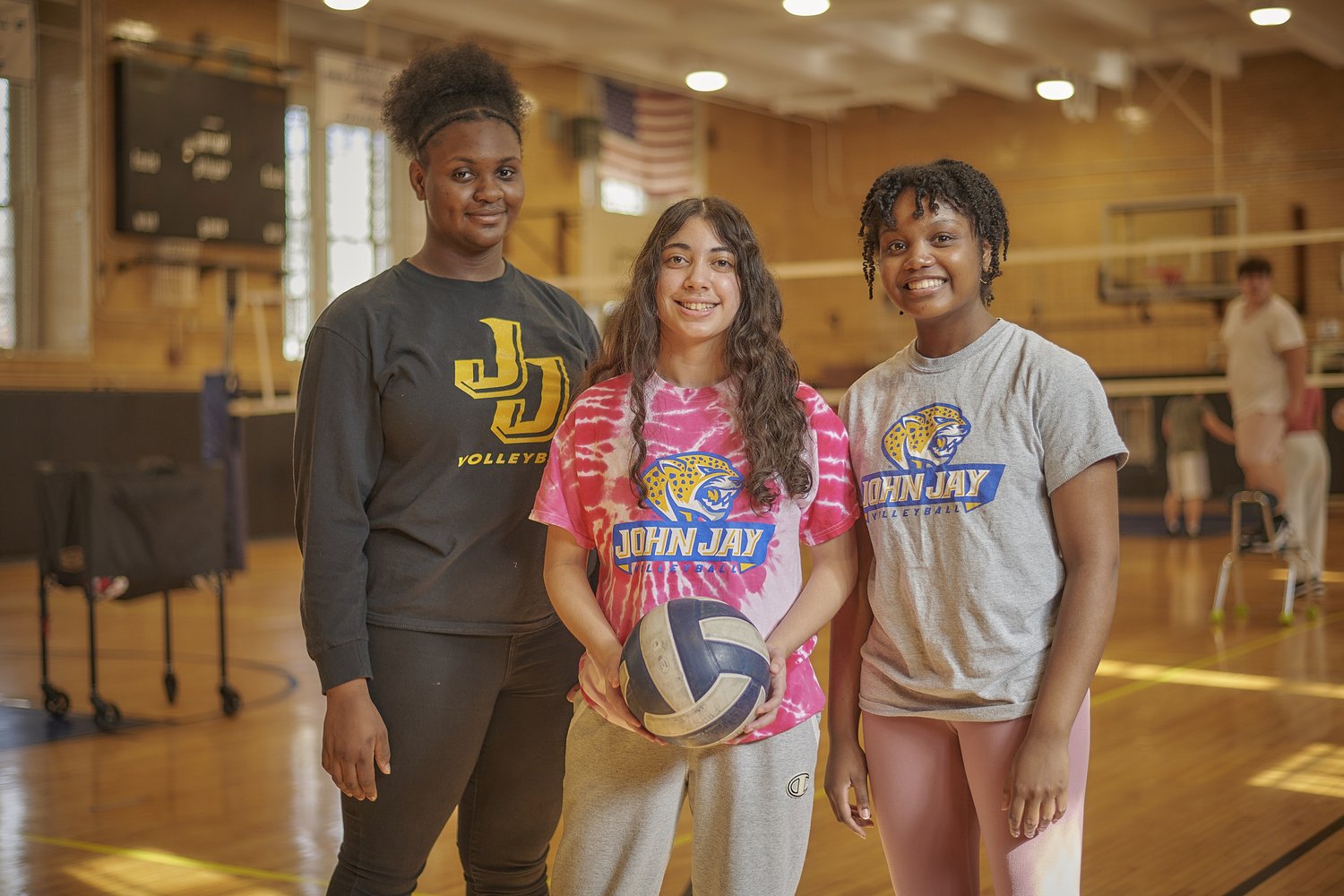
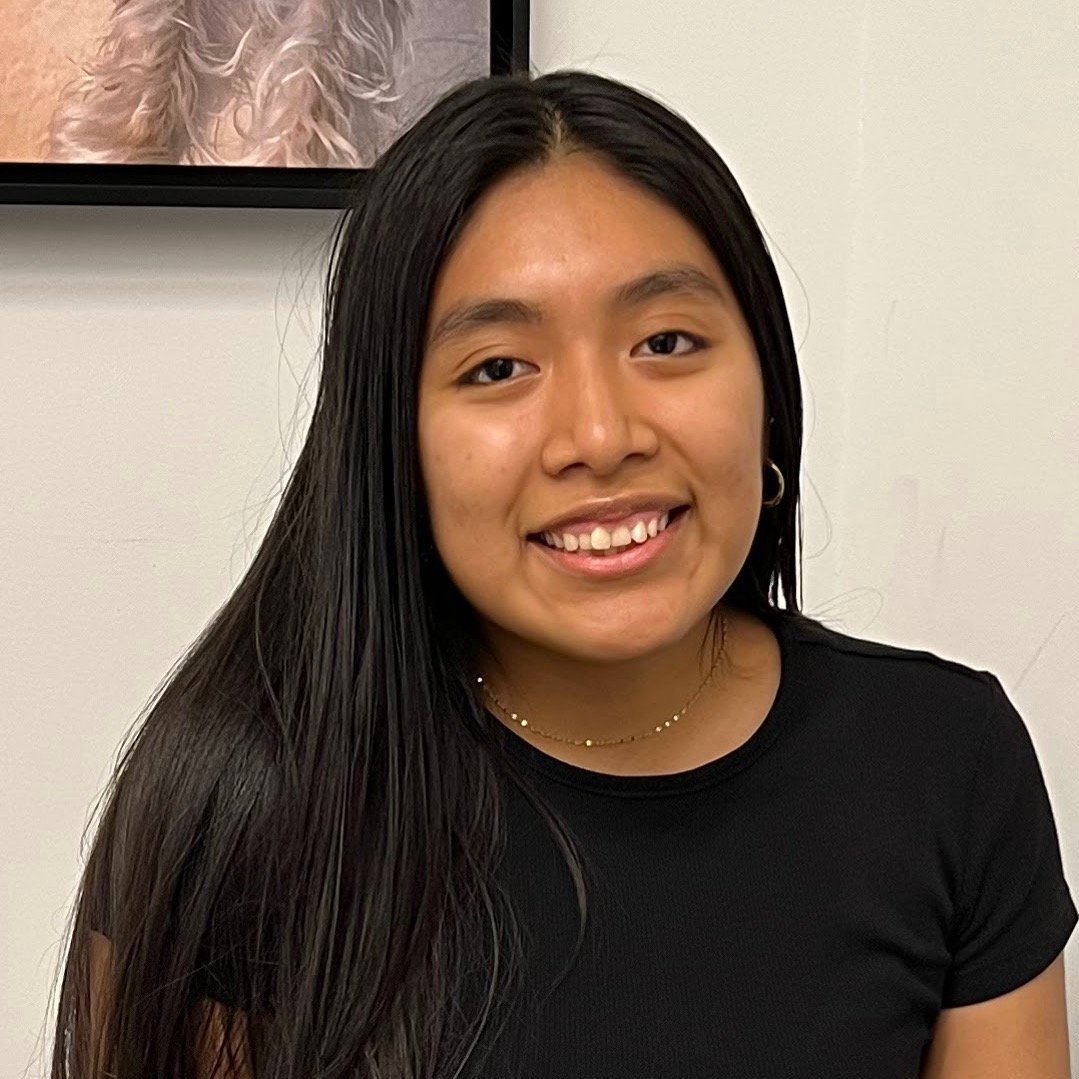


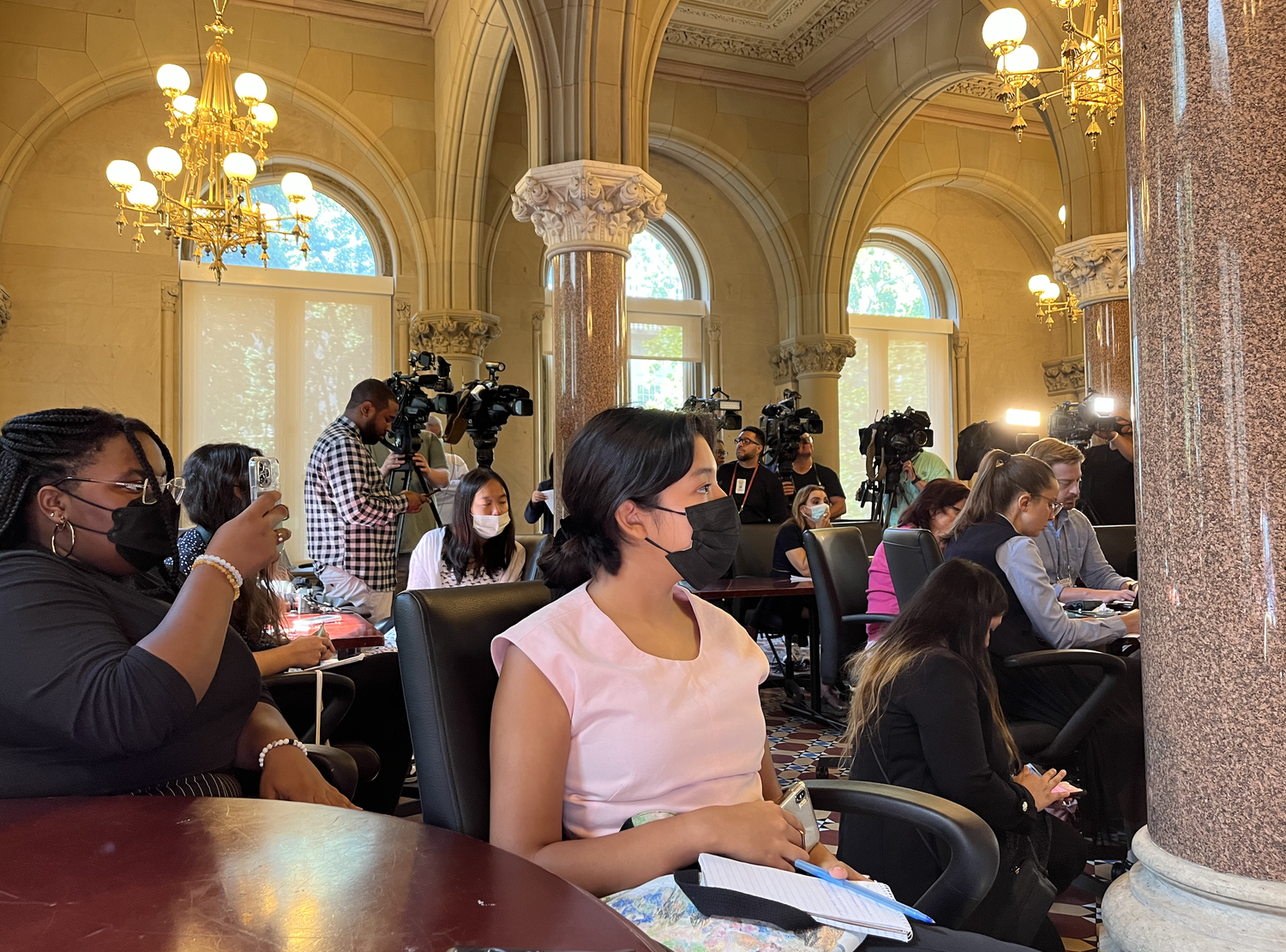
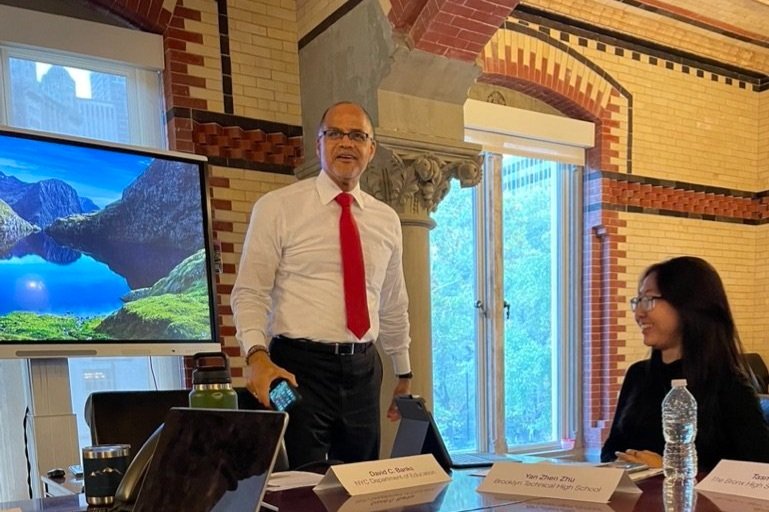


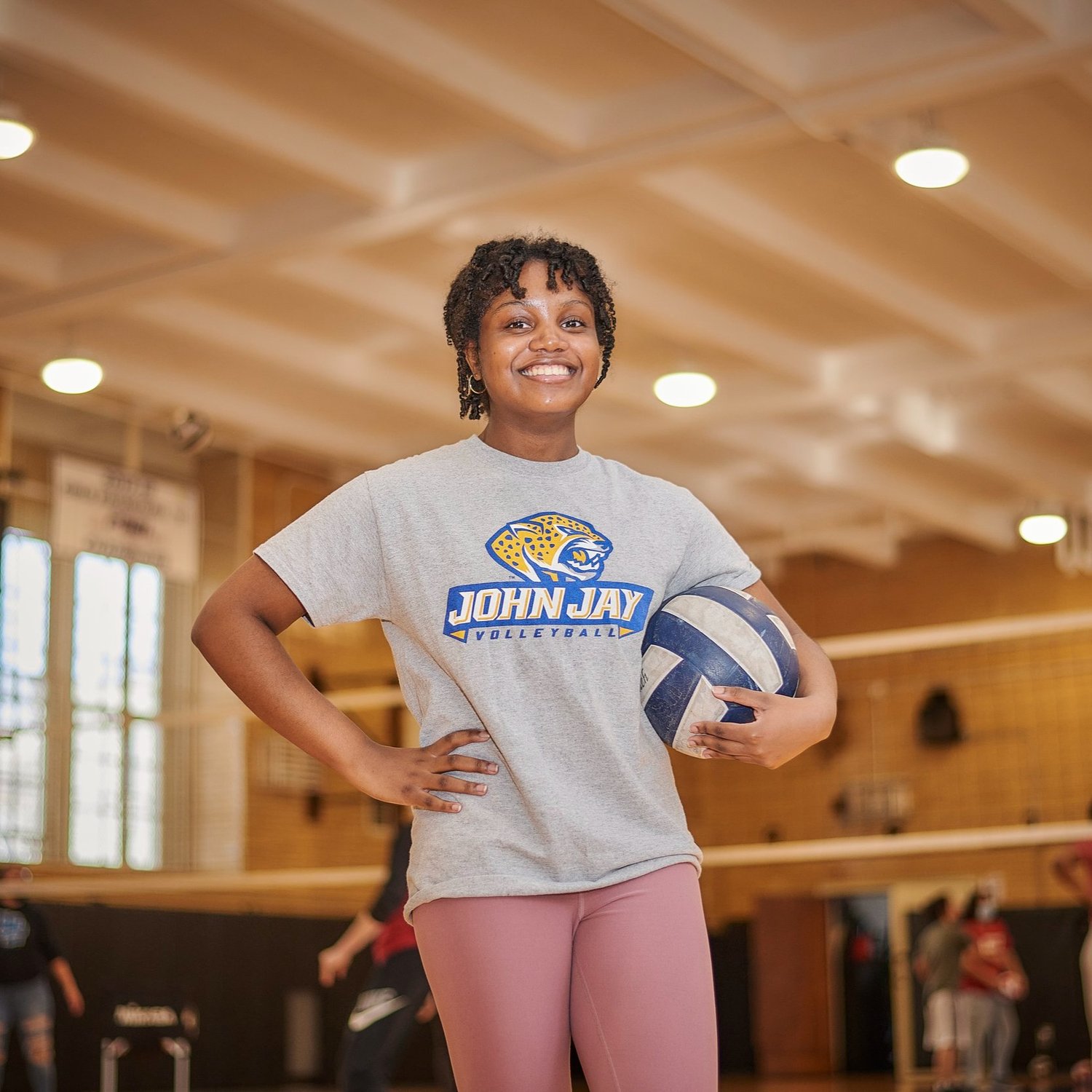


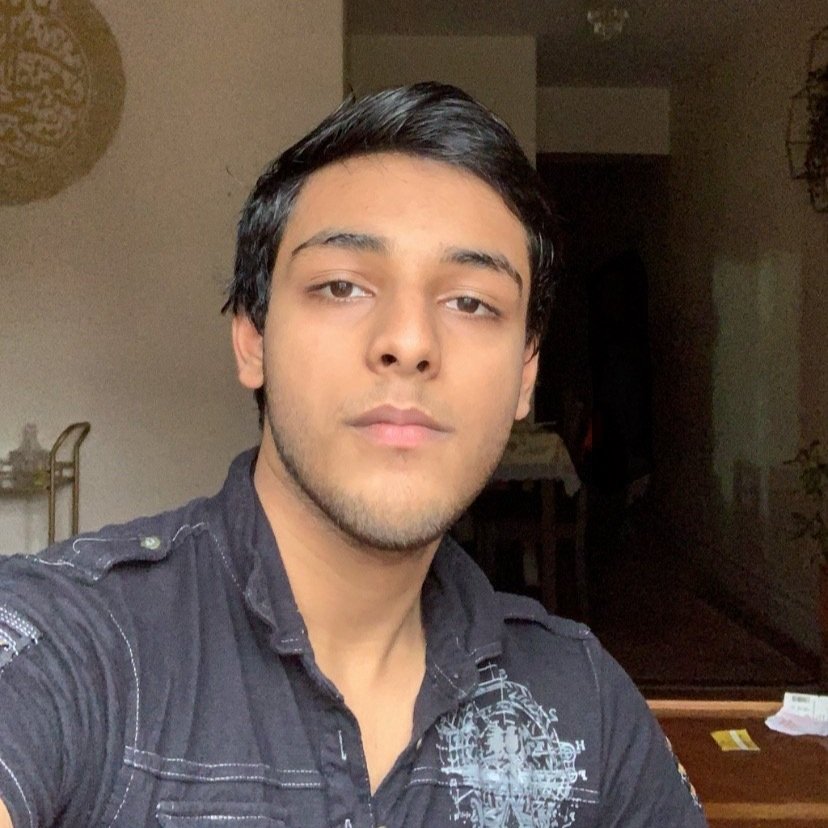
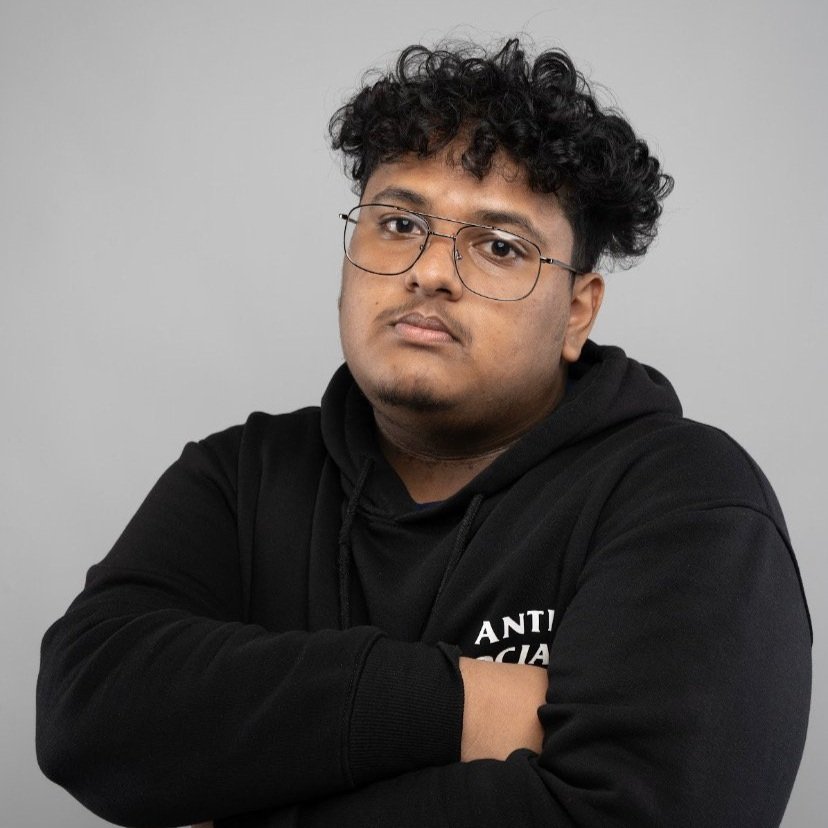
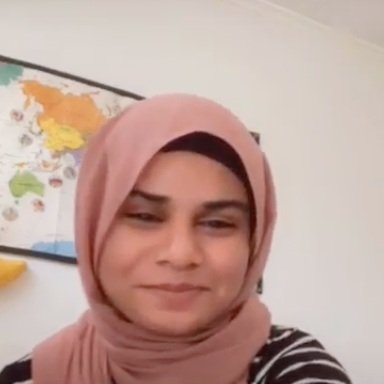
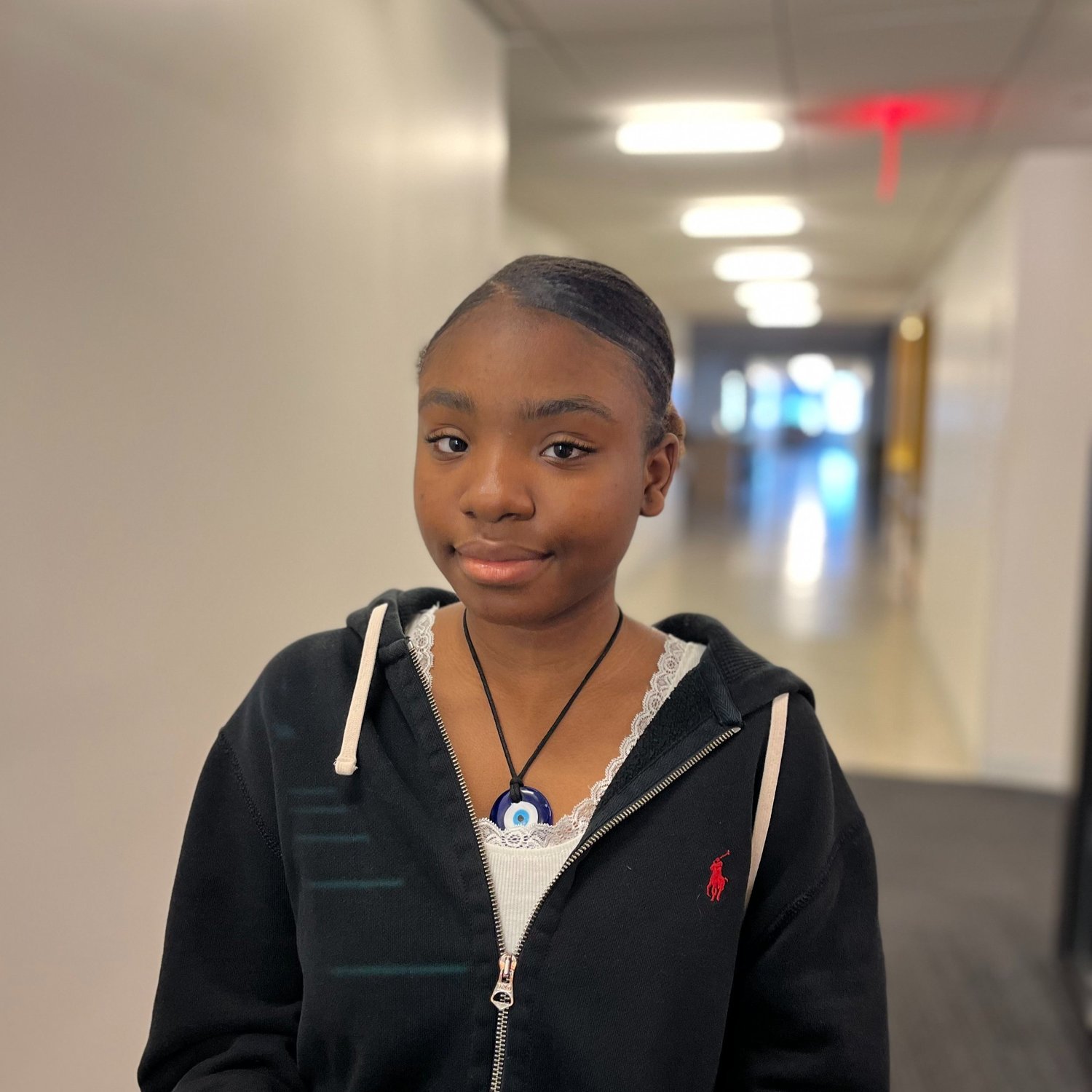
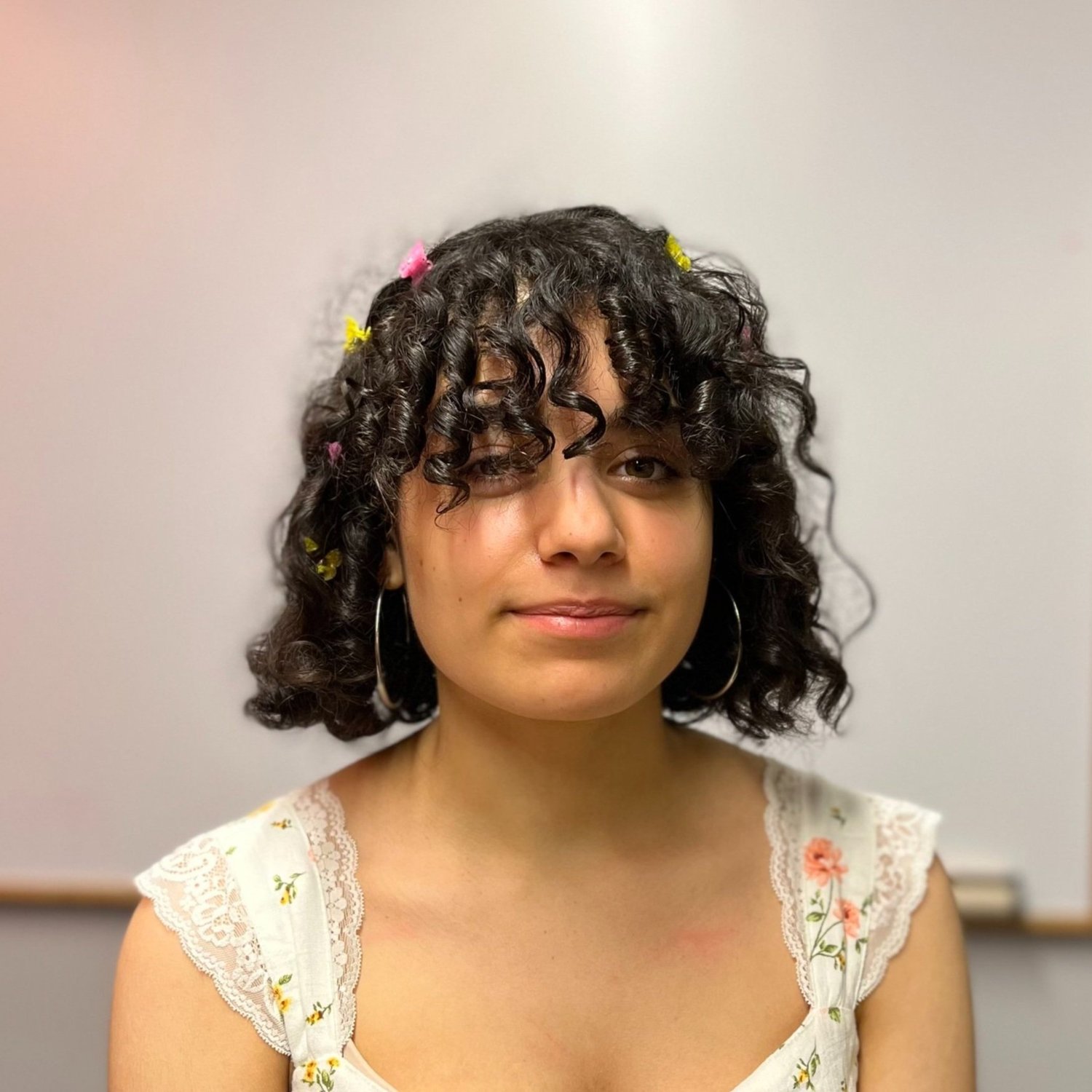
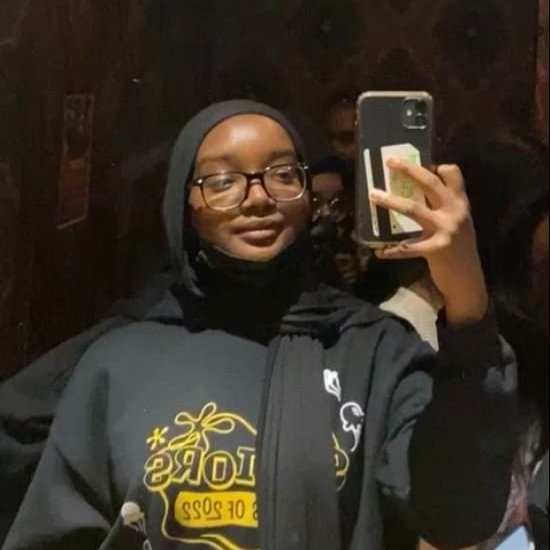
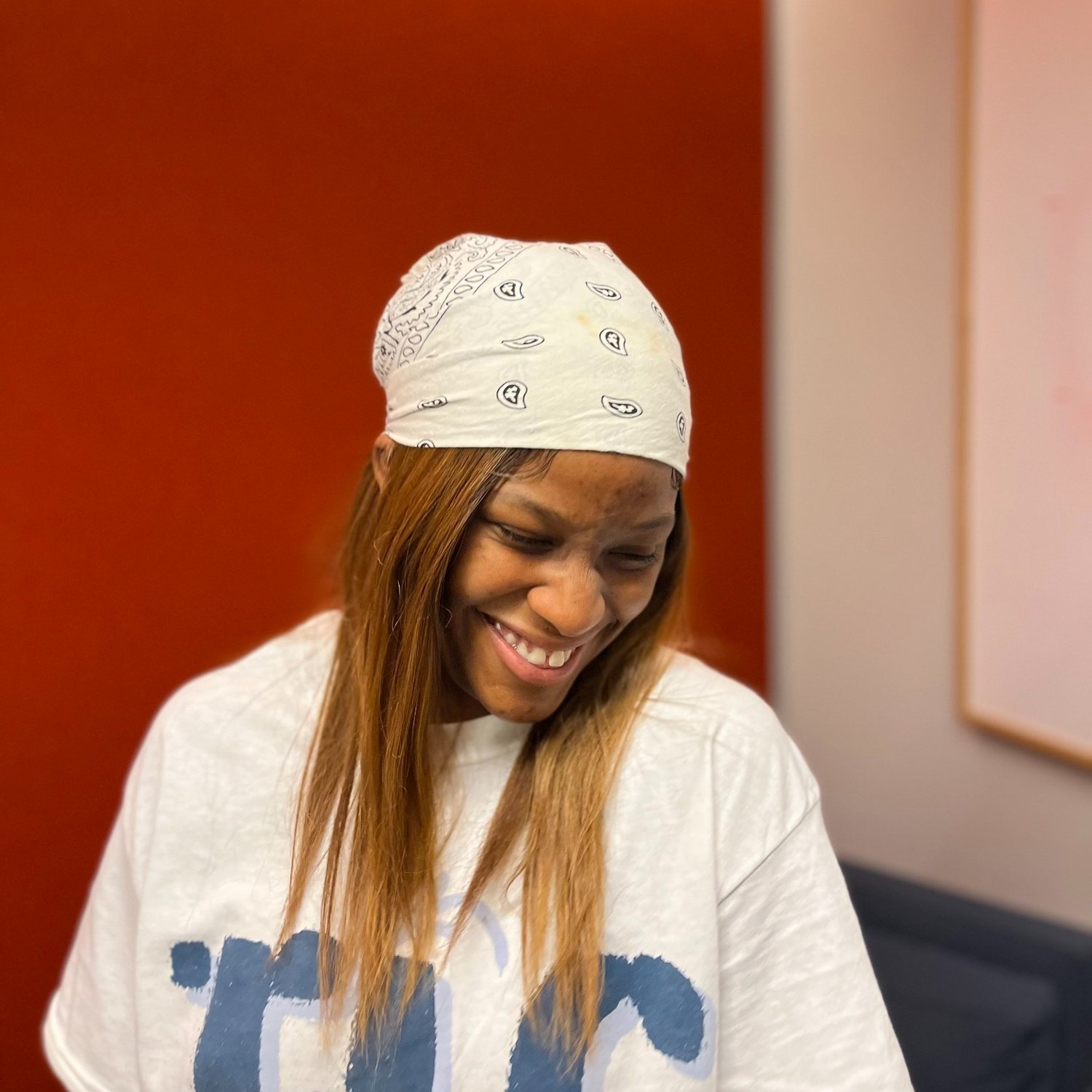

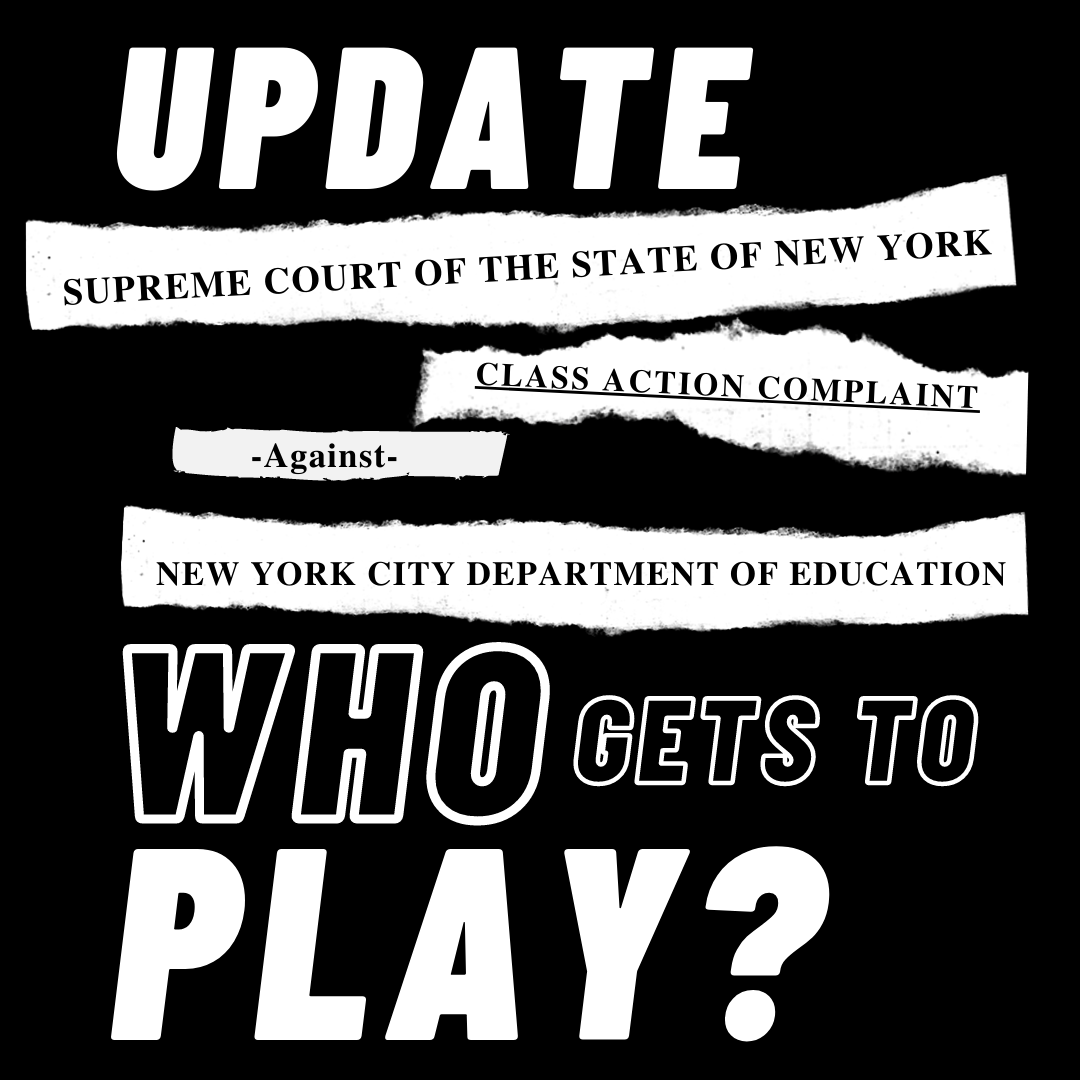



This podcast is totally brilliant.